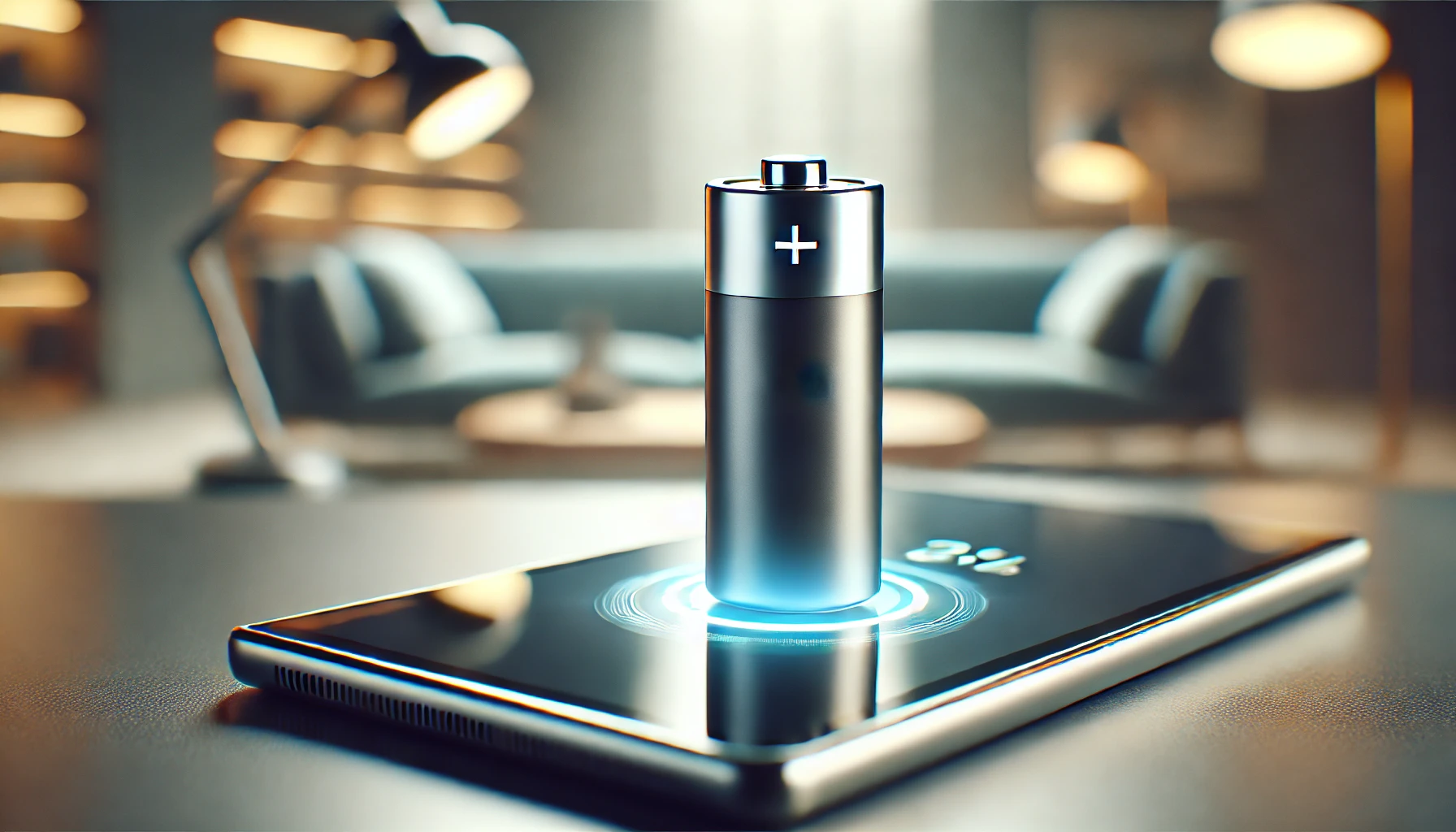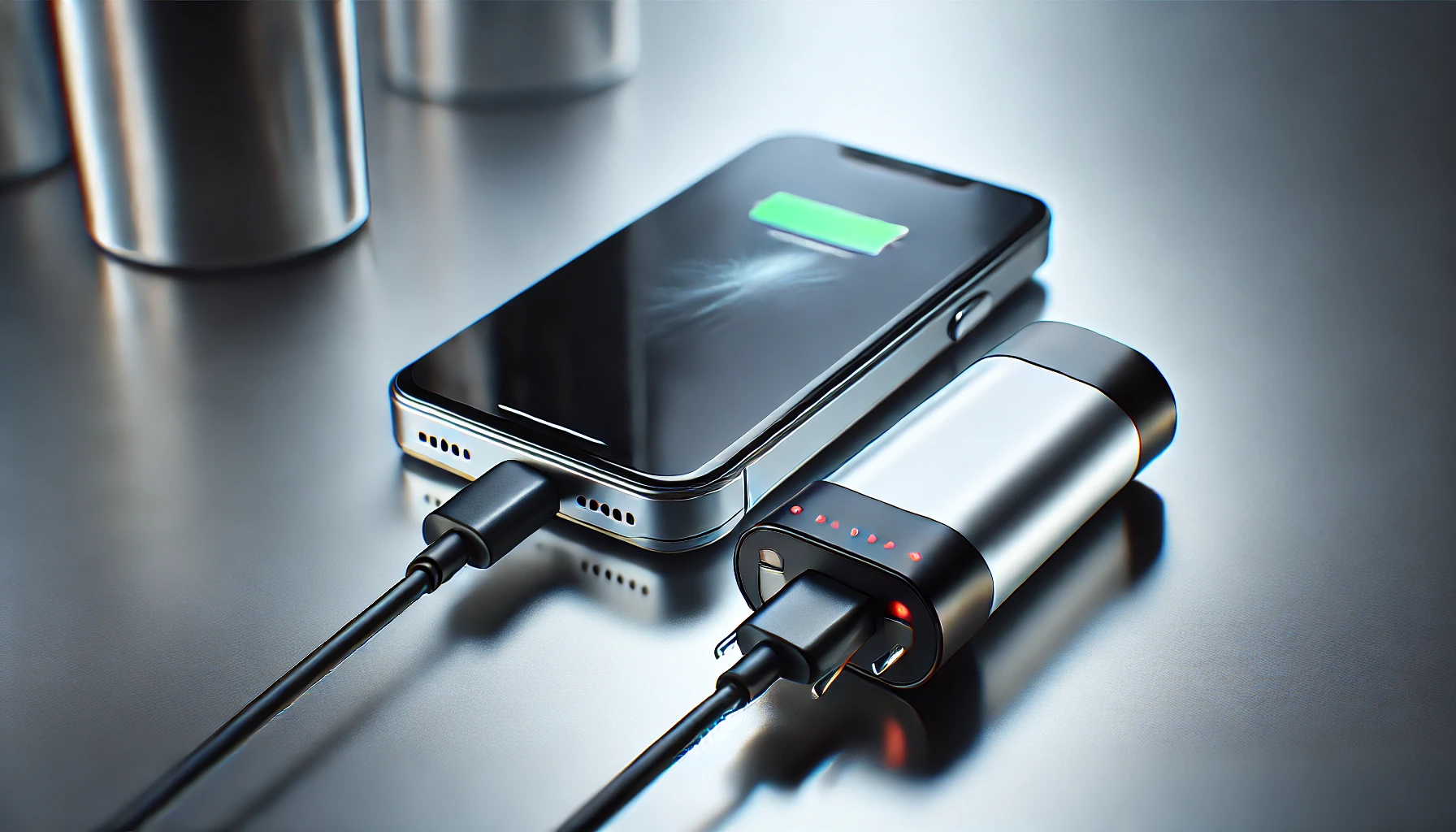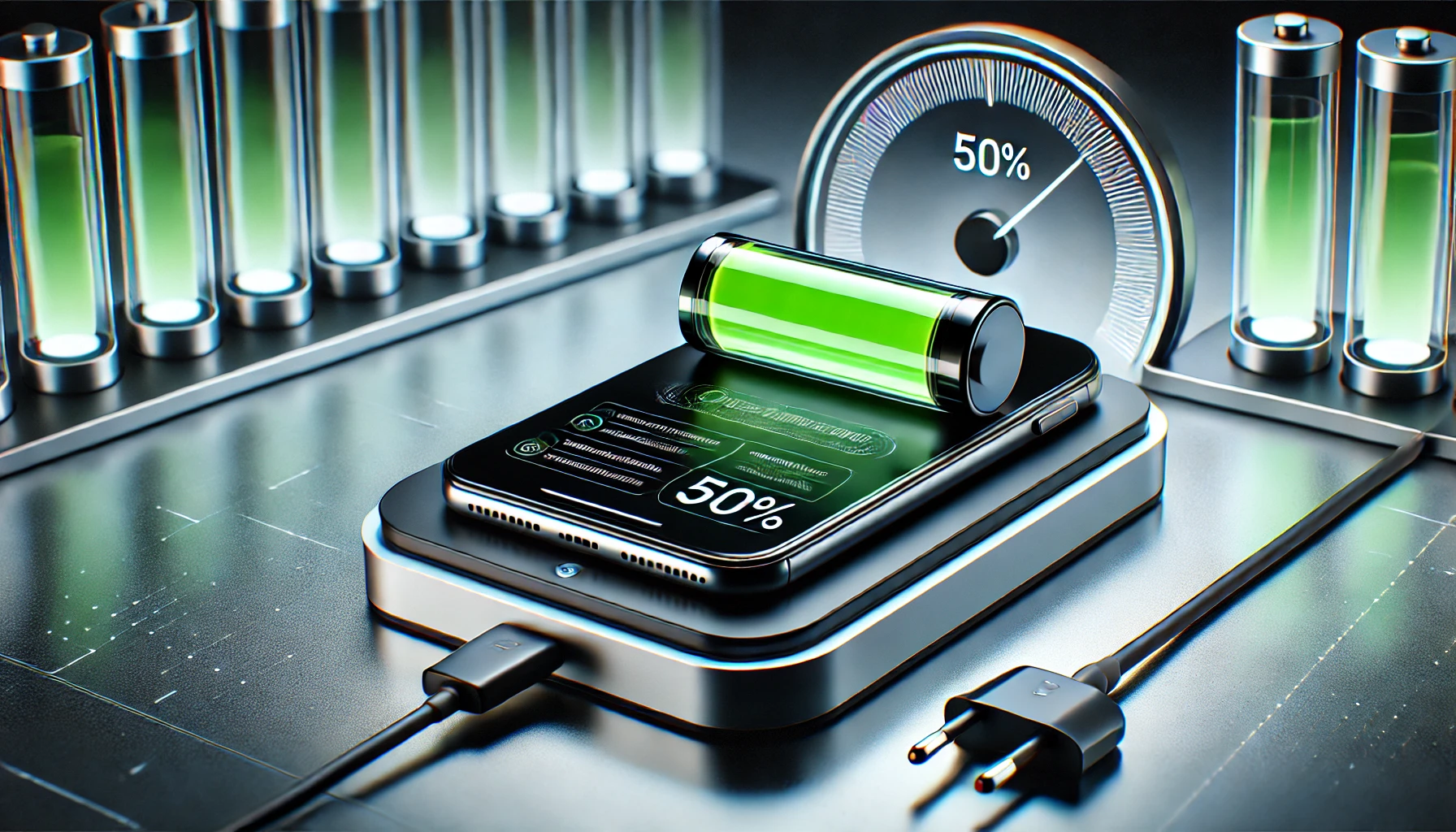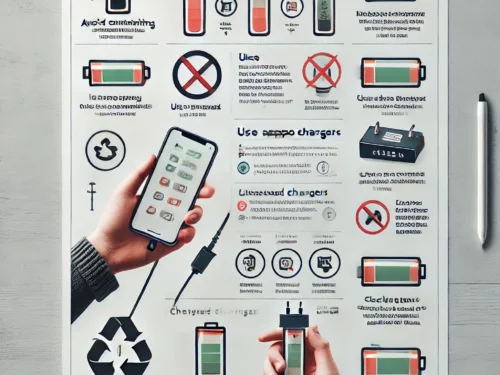
Why Lithium Batteries Need Care
Lithium batteries are known for their efficiency, long lifespan, and reliability, but they still require proper care to maximize their potential. Whether you’re using them in devices, vehicles, or other equipment, a few simple habits can make a big difference. Let’s dive into practical ways to extend the life of your lithium battery.

Avoid Overcharging and Deep Discharging
The Danger of Overcharging
Overcharging can strain your battery and shorten its lifespan. Once your battery reaches 100%, unplug it to prevent overheating or damage. Many modern devices have safeguards, but it’s always good to make a habit of unplugging when the charge is full.
Don’t Let It Hit 0%
Deep discharging—allowing your battery to drain completely—can harm lithium batteries. Try to recharge when the battery level drops to around 20-30% to keep the cells healthy.
Charge Smartly
Use the Right Charger
Using an incompatible charger can harm your battery. Stick to chargers designed specifically for your device or battery type. Generic chargers might not deliver the correct voltage, which can lead to overheating or reduced performance.

Opt for Partial Charges
Lithium batteries perform best when kept between 20% and 80% charge. Partial charges help avoid the stress that comes with hitting 0% or 100% too often. This practice also reduces heat build-up during charging, which can degrade the battery over time.
Keep Temperatures in Check
Avoid Extreme Heat
Heat is one of the biggest enemies of lithium batteries. Avoid exposing your device or battery to high temperatures, such as leaving it in a car on a sunny day. Heat accelerates chemical reactions inside the battery, leading to faster degradation.
Protect Against the Cold
Cold temperatures can also reduce battery efficiency, especially if you’re using the device in freezing conditions. Store your batteries in a moderate climate when not in use to prevent damage.
Proper Storage Habits
Store at Half Charge
If you’re not planning to use your lithium battery for an extended period, store it at about 50% charge. A fully charged or completely discharged battery can degrade faster when left unused.

Choose a Cool, Dry Place
Store your battery in a location that is cool, dry, and away from direct sunlight. Extreme conditions can shorten its lifespan even when it’s not in use.
Avoid Physical Damage
Handle with Care
Dropping or puncturing a lithium battery can cause internal damage that might not be immediately visible. Always handle batteries carefully and avoid situations where they could get crushed or pierced.
Use Protective Cases
If you’re using lithium batteries in portable devices, consider investing in a protective case. This adds an extra layer of security against accidental damage.
Regular Maintenance and Monitoring
Check for Swelling or Leaks
Swollen or leaking batteries are a sign of trouble. If you notice these symptoms, stop using the battery immediately and dispose of it properly. Continuing to use a damaged battery can be dangerous.
Monitor Battery Performance
Pay attention to how long your battery lasts and how quickly it charges. A noticeable decline in performance could indicate it’s time for a replacement or further maintenance.
Be Mindful of Charging Cycles

Understand Battery Cycles
A battery cycle is one full discharge and recharge. Lithium batteries have a limited number of cycles, so minimizing full cycles can extend their life. Opt for small, frequent charges instead of letting the battery drain completely.
Use Energy-Saving Settings
Reduce the strain on your battery by using energy-saving modes on your devices. This can help reduce the number of charging cycles, further prolonging battery life.
Dispose of Batteries Responsibly
Recycle When Needed
When your lithium battery reaches the end of its life, don’t throw it in the trash. Take it to a recycling facility that handles lithium batteries. Proper disposal helps protect the environment and ensures the battery components are safely managed.
Check Local Regulations
Many regions have specific guidelines for disposing of lithium batteries. Follow local regulations to avoid fines and support sustainable practices.
A Little Care Goes a Long Way
Extending the life of your lithium battery doesn’t require complicated steps. By following these essential tips—charging smartly, avoiding extreme conditions, and handling with care—you can enjoy better performance and save money over time. A well-maintained lithium battery is not only safer but also better for the environment.
Take these tips to heart, and you’ll maximize the value and lifespan of your lithium batteries, whether they power your smartphone, laptop, or electric vehicle. It’s a small effort with a big payoff.










